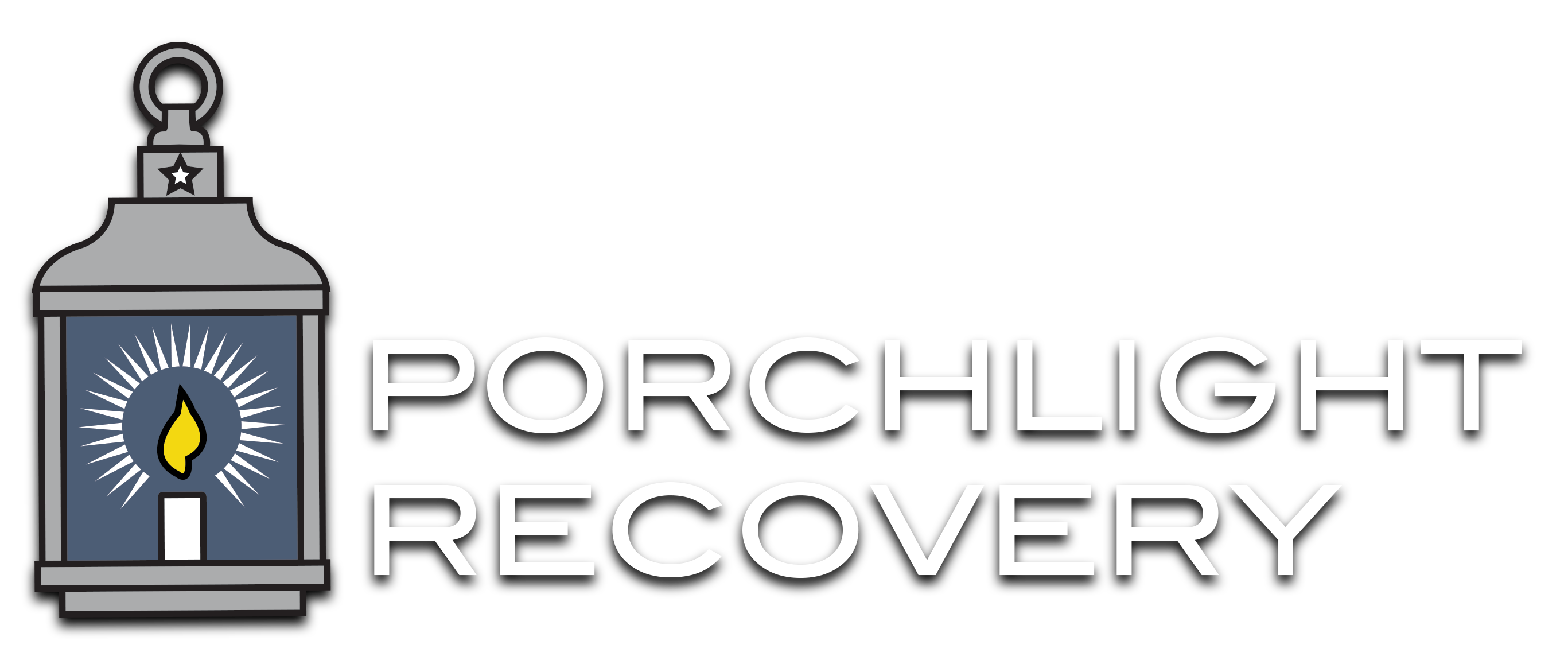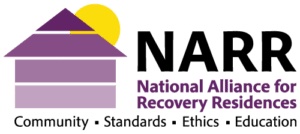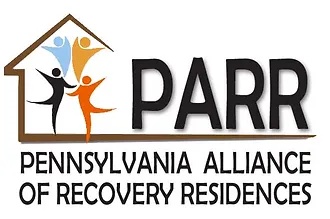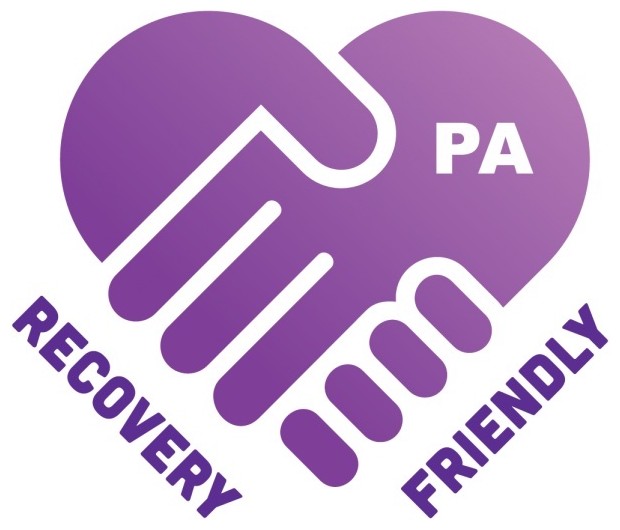WHAT ARE BENZODIAZEPINES?
Benzodiazepines are a class of psychoactive drugs that are commonly prescribed to treat conditions such as anxiety, insomnia, seizures, and muscle spasms. These medications work by enhancing the effects of a neurotransmitter called gamma-aminobutyric acid (GABA) in the brain, which helps to reduce the activity of certain neurons, leading to a calming effect on the central nervous system.
Benzodiazepines are known for their sedative, hypnotic, anxiolytic, muscle relaxant, and anticonvulsant properties. They are often prescribed for short-term use due to the potential for tolerance, dependence, and addiction with long-term use.
Some common benzodiazepines include diazepam (Valium), alprazolam (Xanax), lorazepam (Ativan), clonazepam (Klonopin), and temazepam (Restoril), among others.
It’s important to use benzodiazepines only as prescribed by a healthcare professional and to be aware of the potential risks associated with their use, including the development of dependence, withdrawal symptoms upon discontinuation, and the potential for misuse or addiction.
WHAT ARE SIGNS OF BENZODIAZEPINE USE?
Individual signs of use vary between individuals, but some of the most common signs are:
- Sedation: Benzodiazepines can cause drowsiness and sedation, leading to individuals appearing excessively sleepy or lethargic.
- Impaired Coordination: Individuals using benzodiazepines may exhibit impaired coordination, leading to unsteady movements or clumsiness.
- Slurred Speech: Benzodiazepines can cause speech to become slurred or slow.
- Confusion: Users may exhibit confusion or disorientation.
- Memory Impairment: Benzodiazepine use can lead to memory impairment and difficulty concentrating.
- Constricted Pupils: One physical sign of benzodiazepine use is constricted or pinpoint pupils, even in dim lighting.
- Behavioral Changes: These may include social withdrawal, neglect of responsibilities, and changes in mood or personality.
- Seeking Multiple Prescriptions: Individuals may attempt to obtain multiple prescriptions for benzodiazepines from different doctors or engage in “doctor shopping” to acquire more of the drug.
It’s important to note that while these signs may indicate benzodiazepine use, they should be considered in the context of an individual’s overall behavior and health. If you suspect someone is misusing benzodiazepines, it’s important to encourage them to seek help from a healthcare professional.
WHAT ARE THE LONG-TERM EFFECTS OF BENZODIAZEPINE USE?
Long-term use of benzodiazepines can lead to several potential effects on both physical and mental health. Some common long-term effects of benzodiazepine use include:
- Tolerance: Over time, individuals may develop tolerance to the effects of benzodiazepines, requiring higher doses to achieve the same therapeutic effects.
- Dependence: Long-term use of benzodiazepines can lead to physical and psychological dependence, where individuals may experience withdrawal symptoms if they discontinue the medication.
- Withdrawal Symptoms: Discontinuing benzodiazepines after long-term use can lead to withdrawal symptoms such as anxiety, insomnia, irritability, tremors, and in severe cases, seizures.
- Cognitive Impairment: Prolonged use of benzodiazepines has been associated with cognitive impairment, including issues with memory, attention, and concentration.
- Increased Risk of Falls: Benzodiazepines can contribute to dizziness and impaired coordination, increasing the risk of falls, particularly in older adults.
- Mental Health Effects: Long-term benzodiazepine use has been linked to an increased risk of depression, emotional blunting, and a potential worsening of anxiety symptoms.
- Sleep Disturbances: Paradoxically, long-term use of benzodiazepines can lead to sleep disturbances, including rebound insomnia and changes in sleep architecture.
It’s important to note that the long-term effects of benzodiazepine use can vary depending on factors such as the duration of use, dosage, individual health status, and the presence of co-occurring conditions. It’s crucial for individuals using benzodiazepines to work closely with their healthcare providers to monitor their use and address any potential concerns related to long-term use.
WHAT DOES DETOX LOOK LIKE FOR BENZODIAZEPINES?
Detox from benzodiazepines, also known as benzodiazepine withdrawal, can be a challenging process, especially for individuals who have been using these medications for an extended period. Benzodiazepine detox typically involves several key aspects:
- Medical Supervision: Benzodiazepine detox is often best conducted under medical supervision, particularly for individuals who have been using high doses of benzodiazepines or using them for a prolonged period. Medical professionals can monitor vital signs, manage severe withdrawal symptoms, and provide medications to alleviate discomfort.
- Assessment: Before detox begins, individuals may undergo a comprehensive assessment to evaluate their physical and mental health, substance use history, and any co-occurring conditions. This helps in developing a personalized detox plan.
- Tapering: In many cases, benzodiazepine detox involves a gradual reduction of the medication under medical supervision. This tapering process helps to minimize withdrawal symptoms and the risk of severe complications such as seizures or death.
- Supportive Care: During detox, individuals may receive supportive care to address symptoms such as anxiety, insomnia, muscle tension, and restlessness. Emotional support and counseling may also be provided to help individuals cope with the psychological aspects of detox.
- Monitoring: Throughout the detox process, individuals are closely monitored for any signs of distress or complications. Vital signs, mental status, and overall well-being are assessed regularly to ensure safety and comfort.
- Transition to Treatment: Benzodiazepine detox is often a precursor to ongoing treatment for benzodiazepine addiction or the underlying condition for which the medication was initially prescribed. This may include participation in a comprehensive treatment program, therapy, support groups, and aftercare planning.
It’s important to note that benzodiazepine detox can vary in duration and intensity depending on factors such as the individual’s level of dependence, the specific benzodiazepine used, and their overall health. Common detox time ranges from a few days to a few weeks. Seeking professional help from healthcare providers or addiction specialists is crucial for a safe and effective benzodiazepine detox process.
WHAT DOES A RECOVERY PROGRAM LOOK LIKE FOR BENZODIAZEPINES?
A recovery program from benzodiazepine addiction typically involves a comprehensive and individualized approach to address the physical, psychological, and social aspects of addiction. Here are some key components of a recovery program from benzodiazepines:
- Medical Assessment: Individuals seeking recovery from benzodiazepine addiction often undergo a thorough medical assessment to evaluate their overall health, the extent of their addiction, and any co-occurring conditions. This assessment helps in developing a personalized treatment plan.
- Medication-Assisted Treatment (MAT): In some cases, medication-assisted treatment may be utilized to help individuals manage withdrawal symptoms and cravings during the early stages of recovery. This may involve the use of medications to alleviate discomfort and reduce the risk of relapse.
- Therapy and Counseling: Engaging in individual therapy and group counseling can be instrumental in addressing the psychological aspects of benzodiazepine addiction. Therapy can help individuals understand the underlying factors contributing to their addiction, develop coping skills, and address any co-occurring mental health issues.
- Support Groups: Participating in support groups, such as 12-step programs or other recovery support networks, can provide individuals with a sense of community, peer support, and accountability as they navigate their recovery journey.
- Education and Skill-Building: Recovery programs often include education about addiction, relapse prevention strategies, and skill-building activities to help individuals develop healthier coping mechanisms and lifestyle habits.
- Aftercare Planning: Developing a plan for ongoing support and relapse prevention after completing a formal treatment program is a crucial aspect of recovery from benzodiazepine addiction. This may involve continued therapy, participation in support groups, and access to community resources.
- Holistic Approaches: Some recovery programs may incorporate holistic approaches such as mindfulness practices, yoga, exercise, and nutritional counseling to support overall well-being during recovery.
It’s important to note that recovery from benzodiazepine addiction is a complex and individualized process, and the specific components of a recovery program may vary based on the individual’s needs, the severity of their addiction, and the resources available in their community. Seeking professional help from healthcare providers, addiction specialists, and support networks is crucial for a successful recovery from benzodiazepine addiction.




